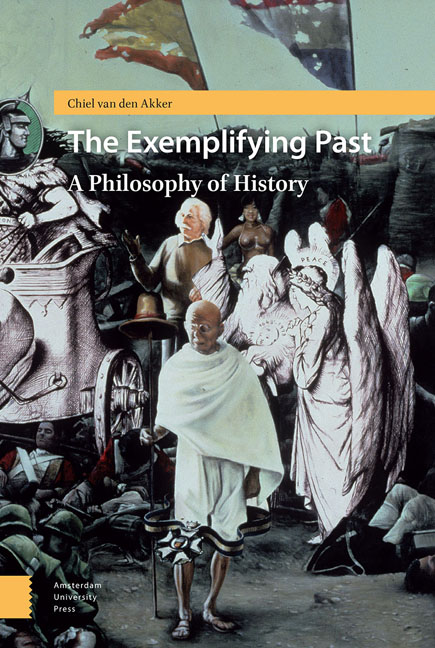Summary
The Swiss historian Jacob Burckhardt (1818-1897) famously claimed that modern man was born in the Italian Renaissance of the fourteenth and fifteenth centuries, and although he wanted his readers to be astonished by this high point in European culture, he also warned his readers that all mid-nineteenth-century modern evils – radical politics, unbridled egotism, corruption, the cheapness of the masses’ aesthetic taste – had their roots in the individualism that defined modern man. Here history estranged its audience from the present world they lived in by raising historical awareness of the way they lived their lives. This is how, I think, it should be. It is not that we should turn to the past to criticize the present – we may equally well turn to the foreseeable future to do that, for we know that in the future, the present has become past, and our criticism of the present, if we have any, is to serve future pasts. It is also not that the past should be used to tell us how we ought to behave and act. It is that historical awareness makes us realize that life is historically conditioned, and in that realization, we estrange ourselves from the present we happen to live in, for what at first appeared to be natural and self-evident, turns out to be mutable and subject to change. It is not always clear how a particular view of the past has us take a particular attitude towards our present, but inasmuch as a view of the past intends to have an audience see the past in a certain light, it is an instrument of rhetoric. Burckhardt not only interpreted and explained fifteenth-century Italian culture and its antecedents in the fourteenth century in his Die Kultur der Renaissance in Italien, he also presented it in a certain way, namely as the birth of modern man. This is how he proposed we should view the past.
Such views of or theses on the past interest me philosophically in this book. This interest is motivated by the observation that the historian sees something in the past which was not there according to past witnesses and the evidence that is available today.
- Type
- Chapter
- Information
- The Exemplifying PastA Philosophy of History, pp. 11 - 12Publisher: Amsterdam University PressPrint publication year: 2018



